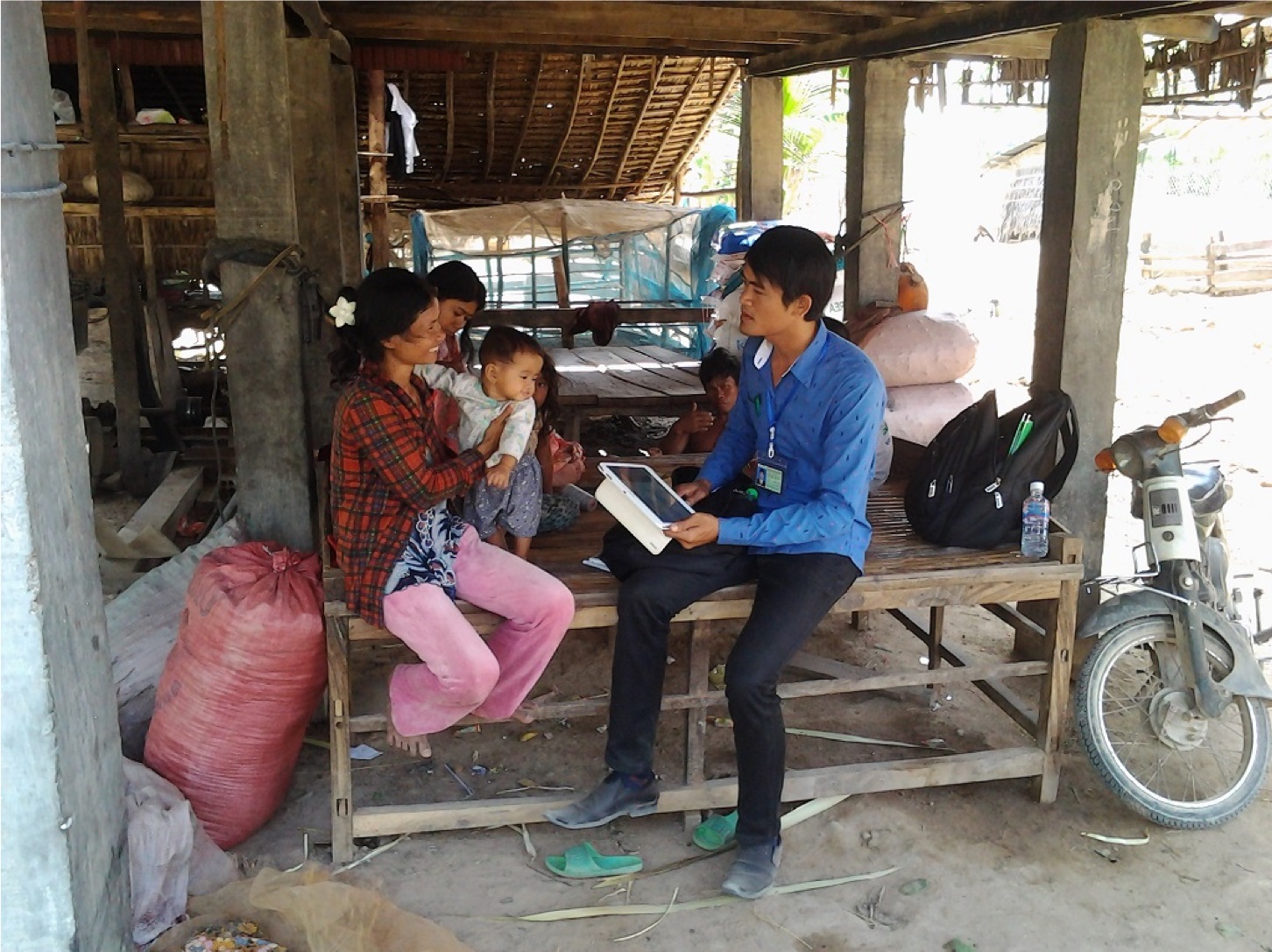To engage effectively with communities, it is important to know how they perceive and relate to science, health and research. Many people working in engagement are already very good at finding this out within their communities, but across the world there is generally little understanding of how communities view the field we are seeking to engage them with. Wellcome, a UK funder of research and public engagement, is seeking to address this with a new project ‘The Wellcome Global Monitor’.

At the 2018 Wellcome International Engagement Workshop this project was presented to attendees. The Wellcome Global Monitor takes the form of a survey, which has been asked to 140,000 people in 140 countries. The survey is delivered as part of the Gallup World Poll.
The project comes from the fundamental belief that science and its impacts must be understood in the context of culture, and so its objectives are:
- Improve and increase public engagement with science in countries around the world
- Help researchers to take account of the social and cultural context of their work
- Stimulate additional, often deeper and more localised research to increase understanding of public attitudes to science.
There are 4 phases to the project: Create & Test, Fieldwork, Analyse, Launch & Reflect.
Phase 1 – Create & Test – involved a literature review of related research and surveys, and three rounds of testing and refinement of the questions in multiple countries. You can read more about that process here.
At the end of phase 1 a final set of questions was determined. These focused on the following topics:
- Knowledge and awareness of science
- Interest in science and health
- Trust in people and institutions
- Trust in science and the role of scientists
- Trust in medical and health practitioners
- Perceptions of science as beneficial for individuals and society
- Attitudes to vaccinations
- The compatibility of religion and science
Once the questions were developed, fieldwork began. This involved surveying an average of 1000 respondents in each of over 140 countries. This was adjusted for the size of the country; for example, 3000 people were surveyed in India due to its large population. Respondents were selected randomly to be interviewed in person or over the phone. This fieldwork, at the time of writing, is still ongoing.
Analysis will be done by Gallup as part of their larger World Poll. The results will be analysed in relation to the respondents’ ‘quality of life’, which will include factors such as their education level, religion, health status, trust in government, socioeconomic status and their life satisfaction, amongst others. This will provide valuable insights into how these factors shape perceptions of science and research in countries across the world.
Once the analysis is done, there will be 4 key outputs:
- A report providing an overview of findings from around the world
- Two-page descriptors for each country’s results
- A full dataset
- A questionnaire
These will be available on the Wellcome monitor site and elsewhere. Attendees at the Engagement Workshop were asked how they could use these results; as a Mesh reader, how could they shape your work as an engagement professional? What specific areas do you think will be valuable to you, your community or your work? What could Wellcome do to make it more useful, and what would you like to see included in the next round?
To give feedback on the monitor, please contact Ethan Greenwood.
---
The content on this page forms part of the online report for the 2018 International Engagement Workshop “Taking it to the Next Level: How can we generate leadership and develop practice in engagement?". To learn more about the workshop, access the rest of the report and browse the video presentations, discussion summaries, and tools, visit the workshop page.

This work is licensed under a Creative Commons Attribution 4.0 International License.

Please Sign in (or Register) to view further.